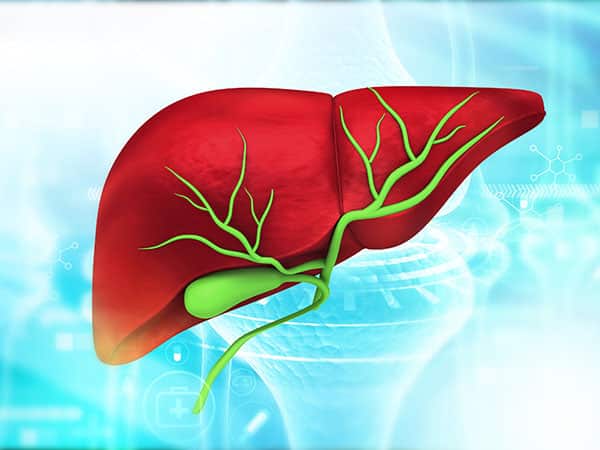Researchers are working on ways to improve the effectiveness of currently approved bile duct cancer, also called cholangiocarcinoma, treatments and finding early success in the development of more targeted therapies. Read more on the AACR Blog:
To overcome this issue, researchers are exploring next-generation FGFR inhibitors. During the 2024 American Society of Clinical Oncology (ASCO) Gastrointestinal Cancers Symposium in January 2024, phase II clinical trial results were announced for tinengotinib, a FGFR1-3 inhibitor that binds to FGFR in a way that blocks FGFR2 fusion and rearrangement, preventing the mutations that cause resistance to treatment. Of the patients in the trial whose tumors had developed resistance to a previous FGFR inhibitor, 37.5% demonstrated a partial response with tumor reductions ranging from 40.7% to 54.6%. A phase III trial for the drug candidate kicked off in December 2023.
Other next-generation FGFR inhibitors are in various stages of development, including RLY-4008 (phase I/II trial), erdafitinib (phase IIa), KIN-3248 (phase I/Ib), derazantinib (phase II), tasurgratinib (phase II), and HMPL-453 (phase II).
Another target researchers have been studying in relation to BTC treatment is the immune checkpoint molecule PD-1. In 2017, the FDA approved pembrolizumab (Keytruda), an immunotherapy that blocks PD-1, for use in several cancer types, including all advanced solid tumors that have a high tumor mutation burden or microsatellite instability. About 5% of patients with cholangiocarcinoma have that type of tumor, according to a study published in ESMO Open.










Comments are closed.